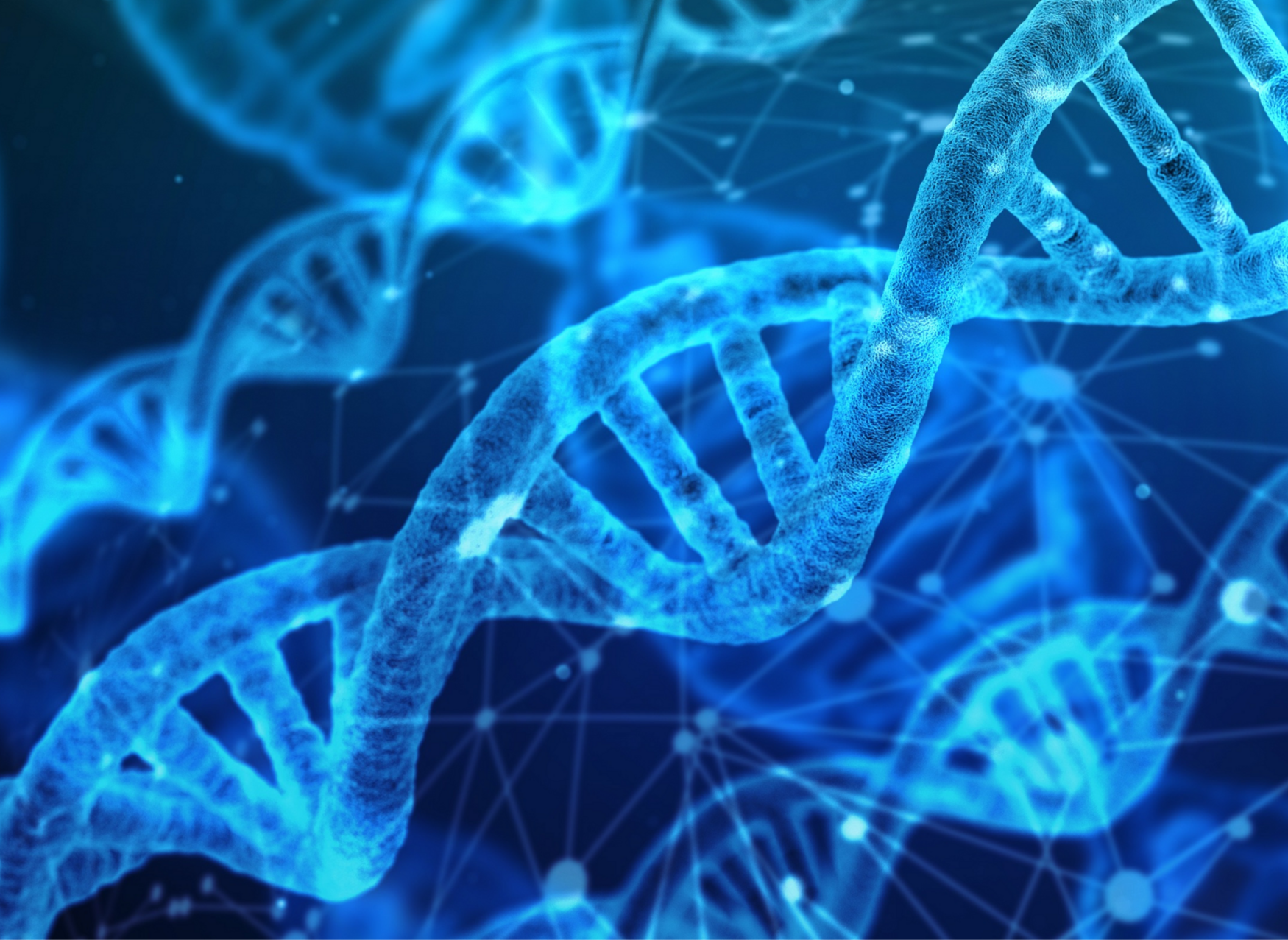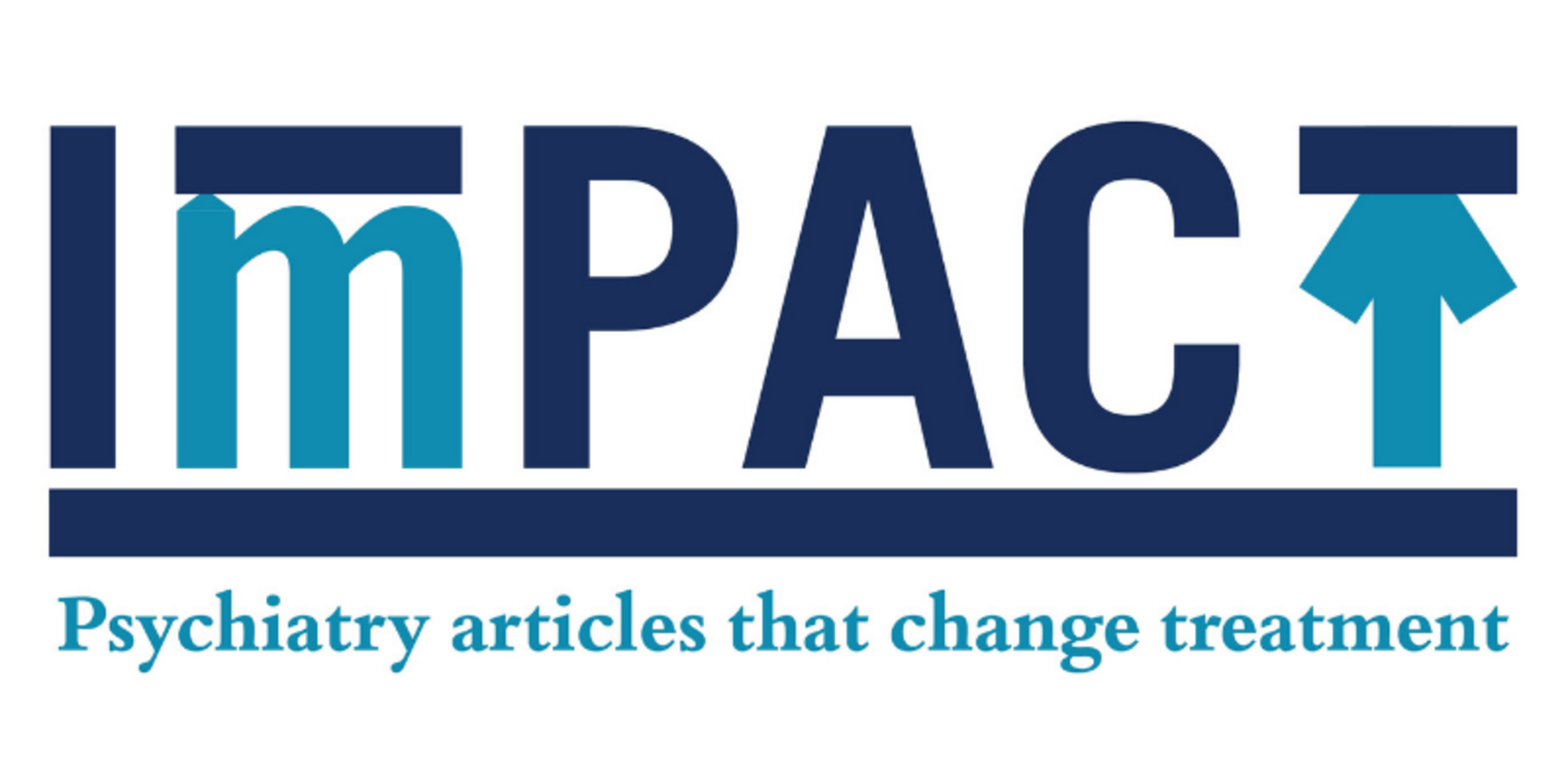Main Second Level Navigation
Breadcrumbs
- Home
- News & Events
- News
- Genetics, trauma, and children’s mental health: The origins of aggression and internalization
Genetics, trauma, and children’s mental health: The origins of aggression and internalization

Could the genes controlling our immune systems also be influencing our mental health? If they are, where does the role of genetics end, and the role of experiences and environmental factors begin? Dr. Jim Kennedy, Dr. Jennie Pouget, and their team set out to address these questions, exploring the relationship between the genes that control the immune system and aggression and internalizing behaviours in children. They compared the influence of genetic variations and environmental factors such as trauma to determine how these factors influence one another and ultimately shape children’s mental health.

What is meant by aggression and internalizing behaviour?
JK and JP: Our study was focused on certain psychiatric symptoms, namely aggression, depression, and anxiety. Aggressive behaviors include both physical aggression (e.g. bullying others, destroying things, getting in fights) and non-physical aggression (e.g. excessive arguing, screaming, disobedience).
Internalizing behaviours are reactions to stress that include depression, anxiety, and physical manifestations (e.g. headaches, abdominal pain).
What motivated this research?
JK and JP: Aggressive and internalizing behaviours in children and adolescents appear to be caused by both genetic and environmental factors that act on certain biological systems to influence brain development and activity. Problems with the immune system, particularly inflammation, have been shown to influence brain development and are implicated in mental health conditions in adults. However, how inflammation impacts mental health in childhood and adolescence remains incompletely understood.

Why study immune system genetics?
JK and JP: Each person’s immune system functions slightly differently, in part because of the uniqueness of the genes that provide their immune system with instructions. The genes we are studying help regulate our immune system’s inflammatory response to environmental triggers such as infections, injuries, and chronic stress. We studied specific genes to see if they were associated with aggression and internalizing behaviour in children and adolescents, and whether exposure to childhood trauma influenced this relationship.
Who participated in this study?
JK and JP: Our study was completed in a group of 314 children and adolescents (aged 6-16 years old) who were referred to psychiatric outpatient care for persistent, extreme aggression and a group of 287 healthy children and adolescents with no history of aggressive behavior. The study would not have been possible without the tremendous efforts of the late Dr Joseph Beitchman and his team, who recruited this rich clinical cohort over the last several years.
What was the most important finding of this study, in your opinion?
JK and JP: We found interesting genetic effects of inflammatory marker Interleukin 6 on depressive symptoms. Furthermore, a history of traumatic experiences had an even larger effect on increasing depression severity. These findings are important because although both genetic risk and environmental triggers play a role, we can’t change our DNA (at least not in the foreseeable future), but we can change the experiences children have growing up.
How does this change treatment for children and adolescents in the future?
JK and JP: There’s a lot to learn about how biology influences mental health in childhood and adolescence using genetic approaches, with the ultimate hope that in the future this line of inquiry will lead to the discovery of new treatment targets and personalized clinical interventions based on an individual’s unique constellation of genetic and environmental risk factors.
More immediately, the fact that traumatic experiences in childhood were the strongest predictor of depression severity in our study underscores the importance of addressing the epidemic of child abuse and neglect in North America. Studies consistently find that over half of children in North America report experiencing at least one traumatic event by age 16. Childhood trauma is both preventable and modifiable.
Any next steps?
JK and JP: We are part of a group of large-scale genetic studies of aggression and internalizing behaviours in children and adolescents, which aim to look across the entire genetic code and identify potential genetic risk factors more comprehensively. We are also using information from ongoing longitudinal studies of children and adolescents to study the broader impacts of genetic risk and childhood trauma on mental health and development.
What is the major take home message for the public?
JK and JP: There is not one genetic or environmental risk factor for childhood aggression and internalizing behaviours (like depression and anxiety). The causes for these conditions are complex, and unique to each individual. In our study traumatic experiences were strongly associated with depression in childhood and adolescence, further highlighting how important it is that we work collectively as a society to address child abuse and neglect.

ImPACT Committee includes Krista Lanctôt, Alastair Flint, Meng-Chuan Lai and Simone Vigod.
Pouget JG, Bryushkova L, Koyama E, Zai CC, Fonseka TM, Mueller D, Kennedy JL, Beitchman JH. Exploring the association of interleukin polymorphisms with aggression and internalizing behaviors in children and adolescents. Brain Behav. 2022 Nov;12(11):e2753. doi: 10.1002/brb3.2753. Epub 2022 Sep 28. PMID: 36168941.



